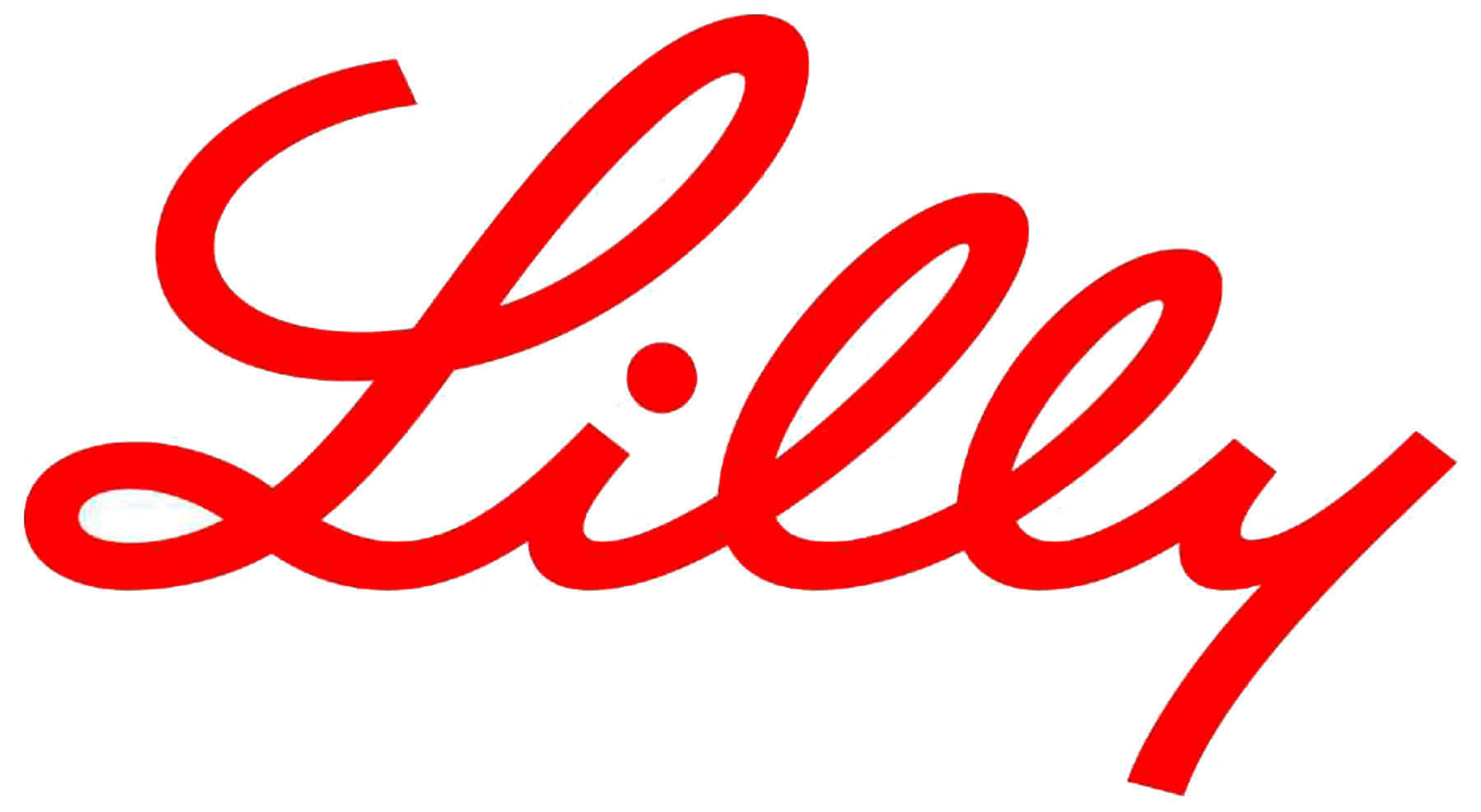Crowded psoriasis market cuts Lilly's mirikizumab ambitions

Eli Lilly has walked away from a major indication for its blockbuster hopeful mirikizumab, shelving plans to file it for psoriasis as the market is getting much too congested.
The decision – announced in the company's first-quarter results statement – comes shortly after Lilly reported positive phase 3 results with mirikizumab in ulcerative colitis.
The IL-23p19 inhibitor has also been shown to be effective in the phase 3 OASIS trials, and in one outperformed Novartis' $4 billion blockbuster IL-17 Cosentyx (secukinumab) at clearing skin lesions in patients with moderate-to-severe plaque psoriasis.
One issue for Lilly is that it has its own IL-17 inhibitor on the market for psoriasis – Taltz (ixekizumab) – so it could run the risk of cannibalising its own market share if mirikizumab was launched as an alternative.
Lilly chief scientific officer Daniel Skovronsky said that the company will focus on developing mirikizumab for ulcerative colitis in Crohn's disease indications "where unmet medical need is higher and where we believe the potential of the IL-23p19 mechanism to create a new standard of care is greater.."
Along with Cosentyx and Taltz, the psoriasis market is already served by TNF inhibitors – including lower-cost biosimilars – as well as Bausch Health's IL-17 drug Siliq (brodalumab), and three recently-launched IL-23 inhibitors from Johnson & Johnson (Tremfya), AbbVie (Skyrizi), and Sun Pharma (Ilumya).
There is a host of other drugs coming through the pipeline, including orally-active TYK2 inhibitors from Bristol Myers Squibb, Pfizer and Nimbus Therapeutics that could pose a challenge to the current crop of injectable antibodies.
Just this week, BMS reported data on its deucravacitinib candidate that has set up a potential approval next year.
GlobalData reckons the IL-23 drugs will come to dominate the psoriasis category, but Lilly clearly thinks it has the greatest opportunity in inflammatory bowel diseases, where the competition isn't so intense and it has early-mover advantage.
Along with the programme in ulcerative colitis, which should also generate maintenance data next year, Lilly is also running trials in Crohn's disease.
It will still face some heavyweight competition in the gastrointestinal area. Johnson & Johnson's $7.7 billion IL-12 and IL-23 drug Stelara (ustekinumab) is ready approved for ulcerative colitis as well as other indications like psoriasis, although it seems to be less effective than the pure IL-23 drugs in the latter setting.
Meanwhile, Skyrizi and Tremfya are in phase 2b/3 trials for ulcerative colitis, with results due to read out next year.













